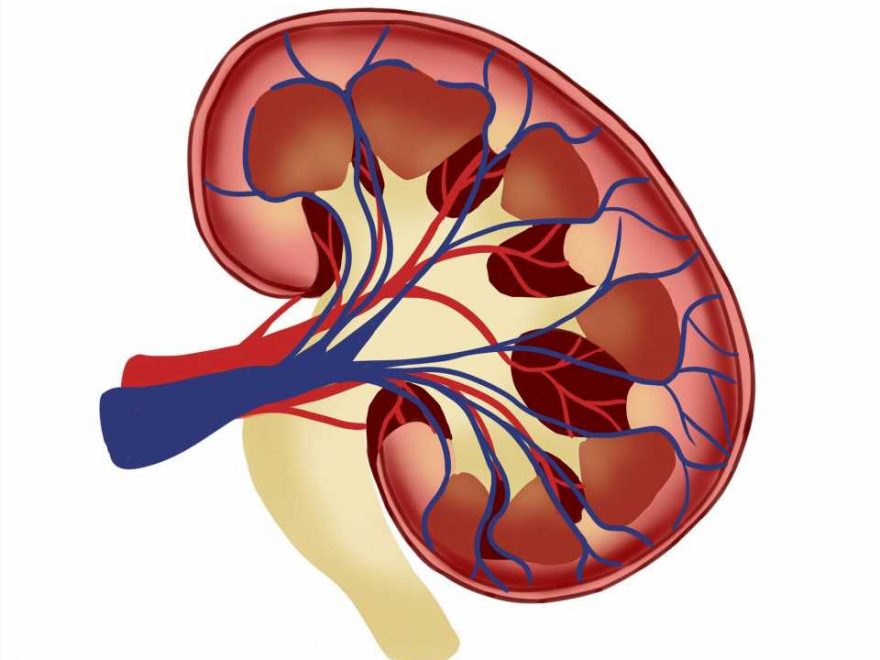
Scientists have discovered that certain metals found in people’s urine, could be potentially useful clinical biomarkers for the early detection of acute kidney injury (AKI).
The study, which is published in Kidney International Reports, was led by experts from the University of Nottingham’s School of Veterinary Medicine and Science, along with clinicians at Nottingham University Hospitals NHS Trust.
Acute Kidney Injury (AKI) is a rapid deterioration in kidney function over hours or days. It is common, occurring in 10–20% of patients admitted to hospital and about 50% of patients admitted to intensive care. It can be caused by serious illness, major operations, trauma and by some medicines such as chemotherapy. It has serious consequences for patients (increased risk of death and chronic disease) and for the NHS, costing over £1 billion per year.
It is widely accepted by clinicians that one of the main ongoing problems in managing AKI is the inability to detect it at a very early stage. Many cases of AKI are potentially avoidable, or the severity and consequences might be ameliorated with early detection.
Currently AKI is defined by a rise in a blood test, serum creatinine, or by a fall in urine output. These detection methods can take over 24 hours from the time of kidney damage to reveal a problem, by which time the disease process might be more difficult to manage. There has therefore been great interest clinically and commercially over recent years in developing better tests for early detection of AKI. Some newer AKI tests are currently available in hospitals in some countries, but none so far has proven to be both clinically effective and cost effective.
Scientists at the University of Nottingham, working with clinicians in Nottingham University Hospitals (NUH) NHS Trust, have previously reported a pig model of kidney injury, that replicates many features of human AKI. Using this model, they identified, for the first time, that certain urinary metals could be potentially useful clinical biomarkers for early detection of AKI.
Working with patients admitted to the Trent Cardiac Center and NUH NHS Trust intensive care, experts tested their hypothesis in two clinical groups at risk for developing AKI. They found that concentrations of the metals rose in urine from AKI patients within an hour after cardiac surgery, and were elevated on admission in ICU patients.
The biomarkers alone, or in combination (e.g. the product of Zn × Cu), had good sensitivity for early identification of patients at risk of moderate to severe AKI and particularly high negative predictive value, suggesting additional efficacy in identifying patients at low risk of AKI.
Urinary Cd, Cu and Zn fulfill most desirable characteristics of biomarkers and offer clinical and economic advantages over other reported AKI biomarkers, most of which are proteins. They are unaffected by comorbidity, proteinuria, sex or age. As yet, the investigators have no reported data from children.
The urinary metals are also stable in urine at room temperature, which offers advantages in remote care settings, for example in the developing world. Measurement of the metals is amenable to point-of-care testing using cheap screen-printed electrodes and are likely to be far more cost-effective than protein assays.
“This study is the culmination of 10 years work at Nottingham and is an example of how collaboration between animal scientists, clinicians and local companies can each utilize their expertise to make new and unique discoveries. It is our hope that the research can now be developed further by industry to truly move these discoveries from lab bench to bedside,” said David Gardner, Professor of Physiology at the University of Nottingham.
Source: Read Full Article
